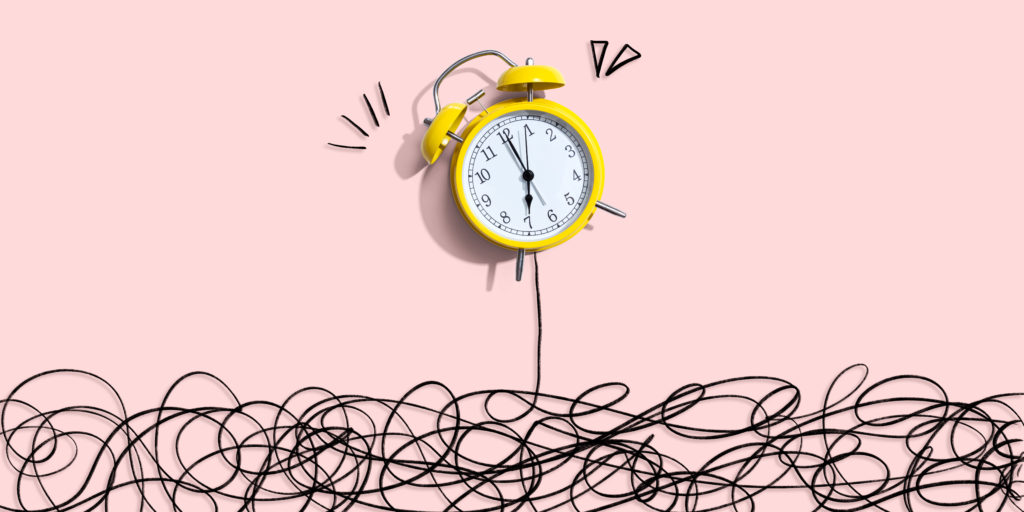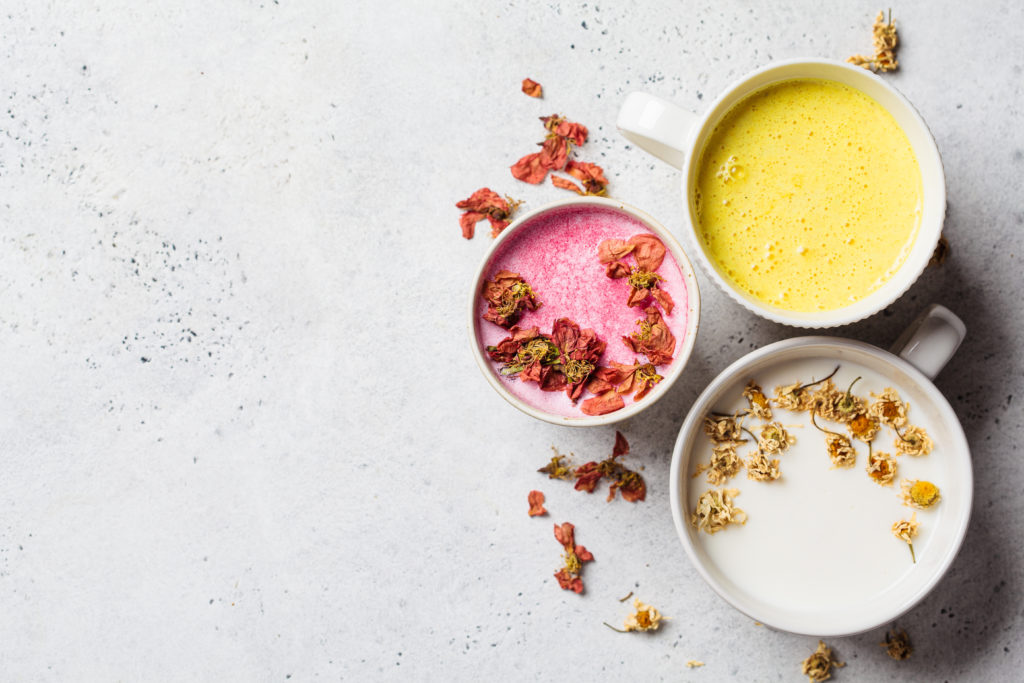Younger generations are less satisfied with their health and well-being, but older generations acknowledge declining health
Across all age groups, consumers are grappling with concerns about their health and overall well-being. In today’s era of global uncertainty, economic instability, and personal pressures, many individuals are feeling stressed and fatigued. Among the youngest generation surveyed, Generation Z (born 1997–2012), the dissatisfaction with their health is particularly pronounced. Despite being known for their progressive values and commitment to self-expression, this group is facing emotional and physical health challenges. According to FMCG Gurus’ consumer insights, factors including the pressure to succeed both personally and professionally, along with demanding lifestyles, are contributing to their feelings of stress and overwhelm. As a result, Gen Z are less confident about their current well-being. They are concerned about how their hectic lives may affect their health in the long term.

Meanwhile, Millennials (born 1981–1996) and Generation X (born 1965–1980) find themselves in transitional phases. This includes navigating milestones like becoming parents, advancing in their careers, and caring for aging relatives. While they may not be “old,” they are focused on preparing for healthy aging amidst their already busy lives.
Baby Boomers (born 1955–1964) are generally more confident about their health. This is partly due to a renewed sense of optimism following the pandemic. Many Boomers now embrace a “forever young” mindset, striving to stay fit and active well into their later years. However, this positive outlook can sometimes lead to an underestimation of serious health issues. This is because some may dismiss signs of aging as just natural, potentially hindering their ability to age healthily.
Consumers are aware that sleep health impacts overall well-being
The health and wellness industry has shifted its focus from long-term physical health to more immediate concerns. This includes emotional well-being. The fear of illness and disease has decreased since the pandemic. This has resulted in consumers increasingly evaluating their health based on how they feel day-to-day and their physical appearance.

A key priority for consumers across all age groups is improving sleep health. Followed closely, consumers also want to improve their mental well-being and maintain physical fitness. There’s a growing understanding that these factors are interconnected. This is because poor sleep can contribute to fatigue and lead to feelings of stress. FMCG Gurus’ market research highlights that many consumers are dissatisfied with both the quality and quantity of their sleep. Common reasons for poor sleep include late night screen time, hectic schedules, and stress or anxiety that interferes with falling asleep. As a result, consumers are increasingly seeking products, such as food, beverages, and supplements, that help manage stress, improve sleep, and support long-term energy levels.
Around half of consumers are experiencing high levels of stress
A significant number of consumers, spanning all generations, are reporting struggles with anxiety, stress, and a general inability to unwind. This emotional distress is negatively impacting their sleep patterns, leaving many feeling fatigued and low on energy throughout the day. Many consumers find themselves trapped in a cycle: stress and anxiety prevent restful sleep, leading to daytime exhaustion and further difficulty sleeping. While some of these concerns may be seen as irrational, genuine worries, such as economic instability, geopolitical tensions, and shifting political landscapes, are affecting consumers’ mental well-being.
Younger individuals may be concerned about personal achievements and future prospects, while older consumers may worry about their family members and their own health as they age. Time spent scrolling through social media and consuming online news can amplify these feelings of stress and uncertainty. Additionally, digital device usage, with its potential to delay bedtime and disrupt sleep due to blue light exposure, further contributes to poor sleep patterns. As emotional distress continues to influence sleep quality, products and experiences that promote relaxation, rest, and escapism will remain highly sought after.